
College students who protested against Israel’s actions in Gaza have been subjected to disciplinary measures, including suspensions and expulsions by universities. According to higher education expert Mark Kantrowitz, being temporarily or permanently banned from campus “may also involve financial setbacks,” for the students.
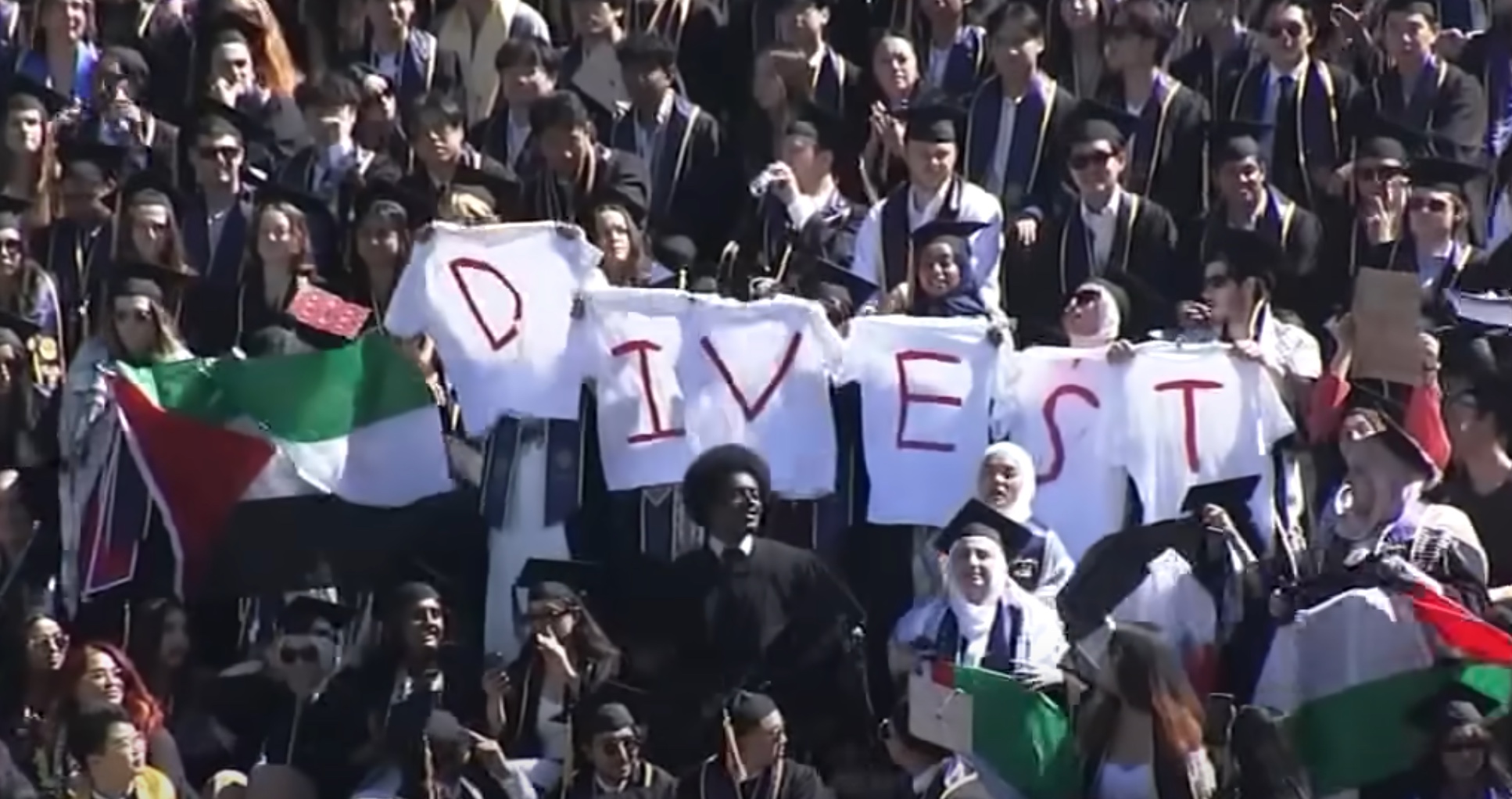
The repercussions of disciplinary actions at colleges vary and may include losing scholarships, forfeiting tuition fees already paid, and being denied access to meal plans and on-campus accommodation.
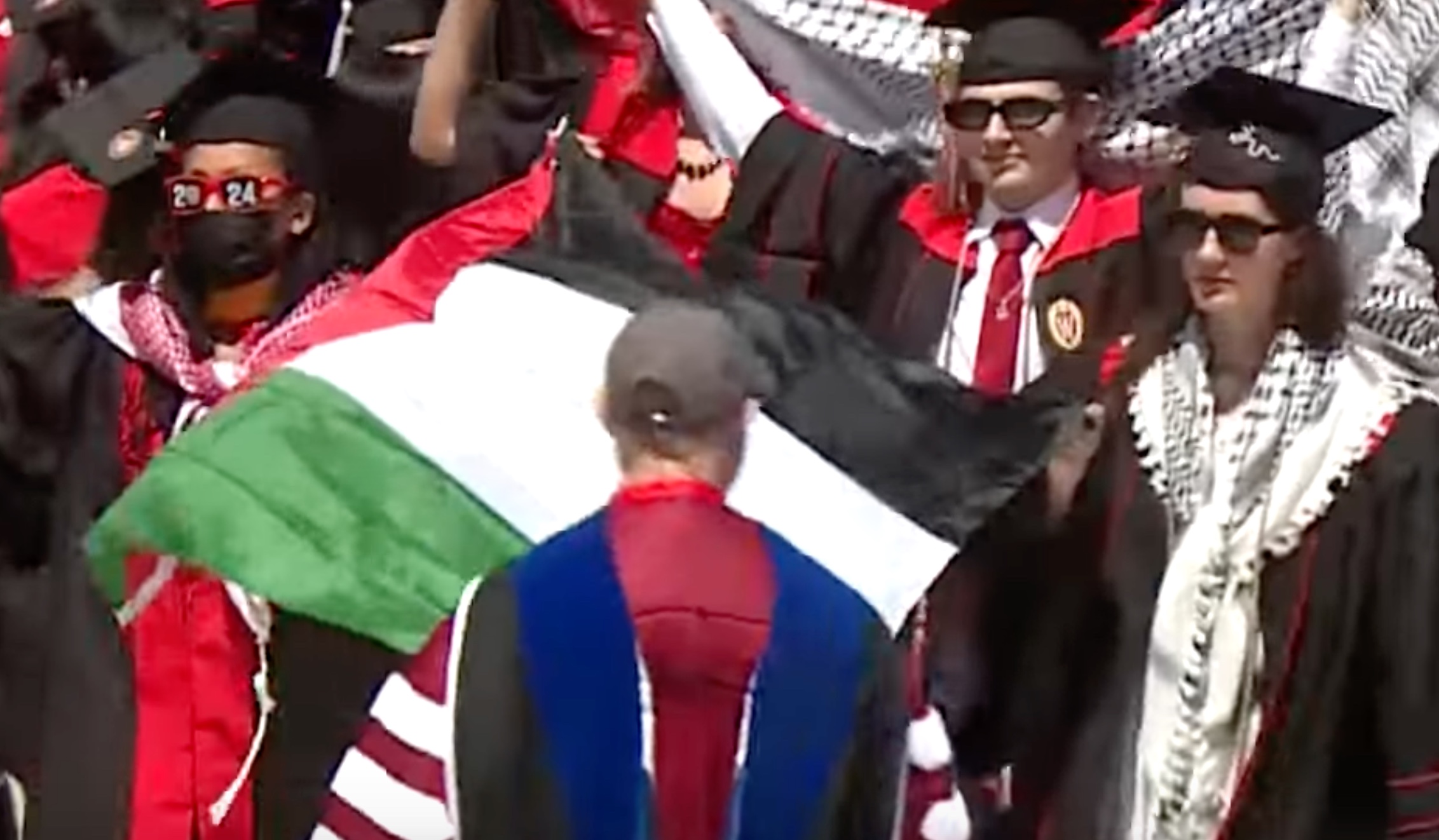
Kantrowitz said, “Students who are suspended do not get tuition refunds.” In recent weeks, over 100 students have been suspended nationwide, as estimated by Kantrowitz based on news reports.
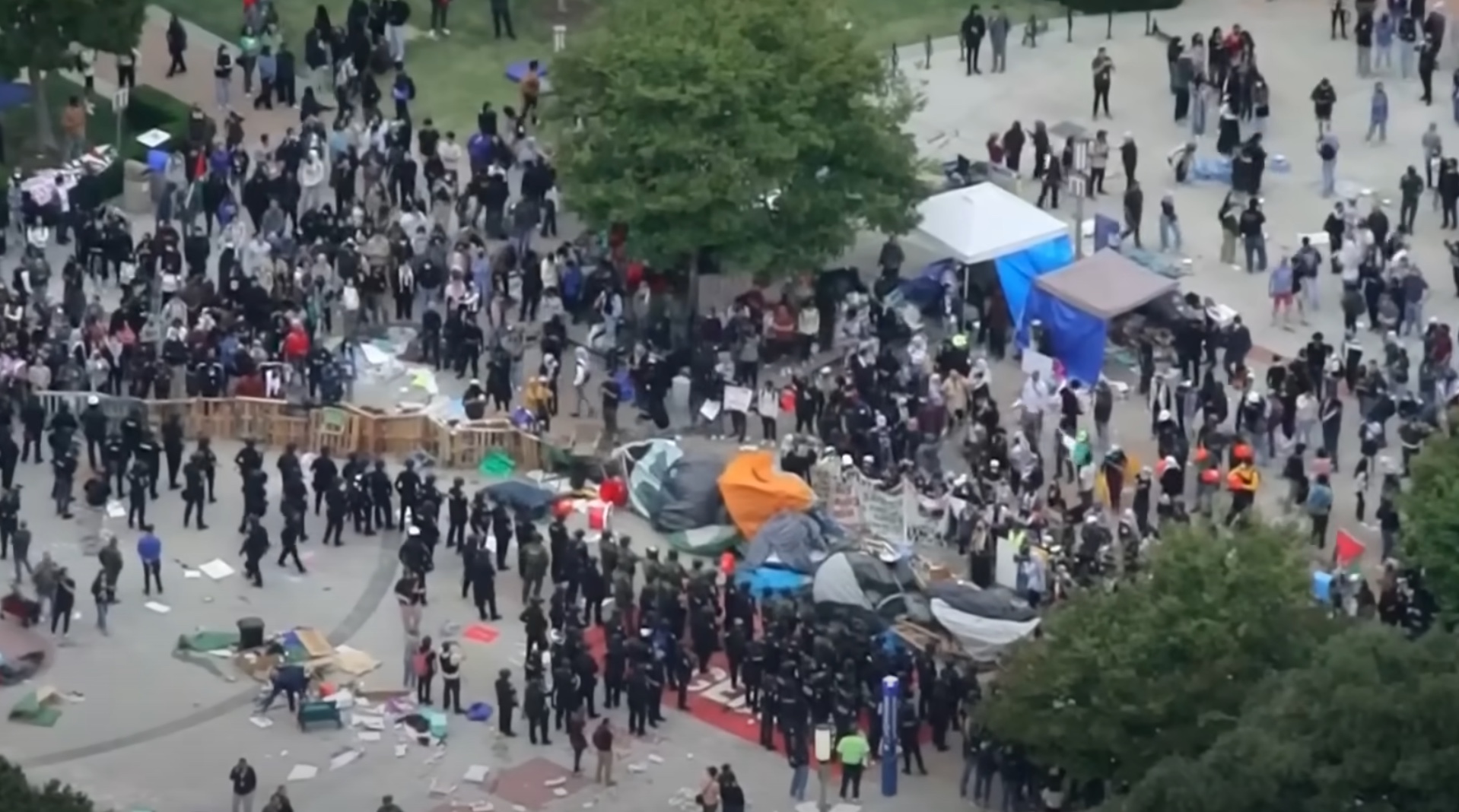
The actual number is likely higher, but colleges are limited by federal regulations in disclosing information about student suspensions. The protests were triggered by Israel’s military actions in Gaza, initiated following a Hamas attack on Oct. 7, resulting in Israel claiming 1,200 casualties.
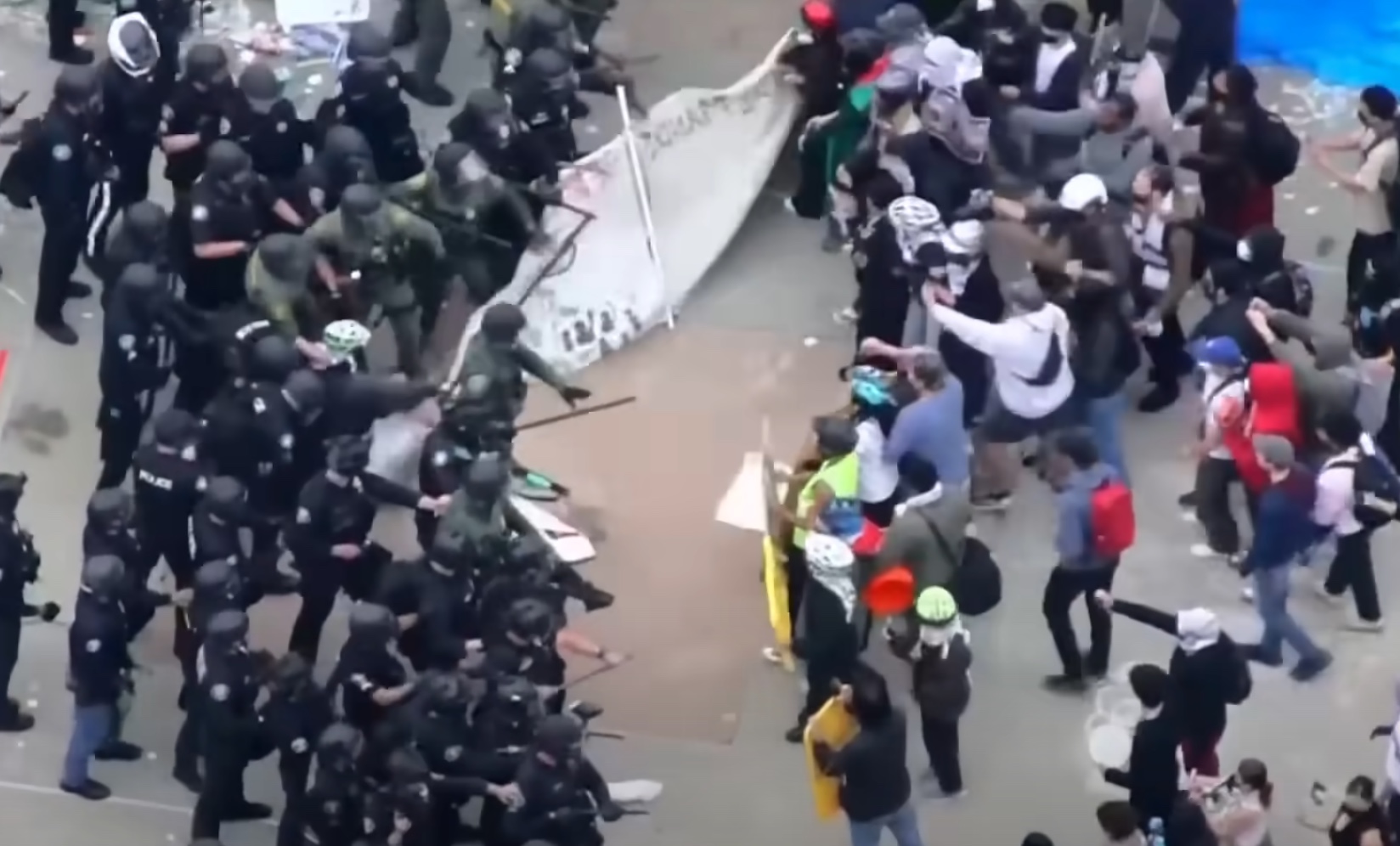
In retaliation, Israel’s strikes on Gaza have reportedly led to the deaths of over 34,000 individuals, including more than 14,000 children, according to local authorities and the United Nations.
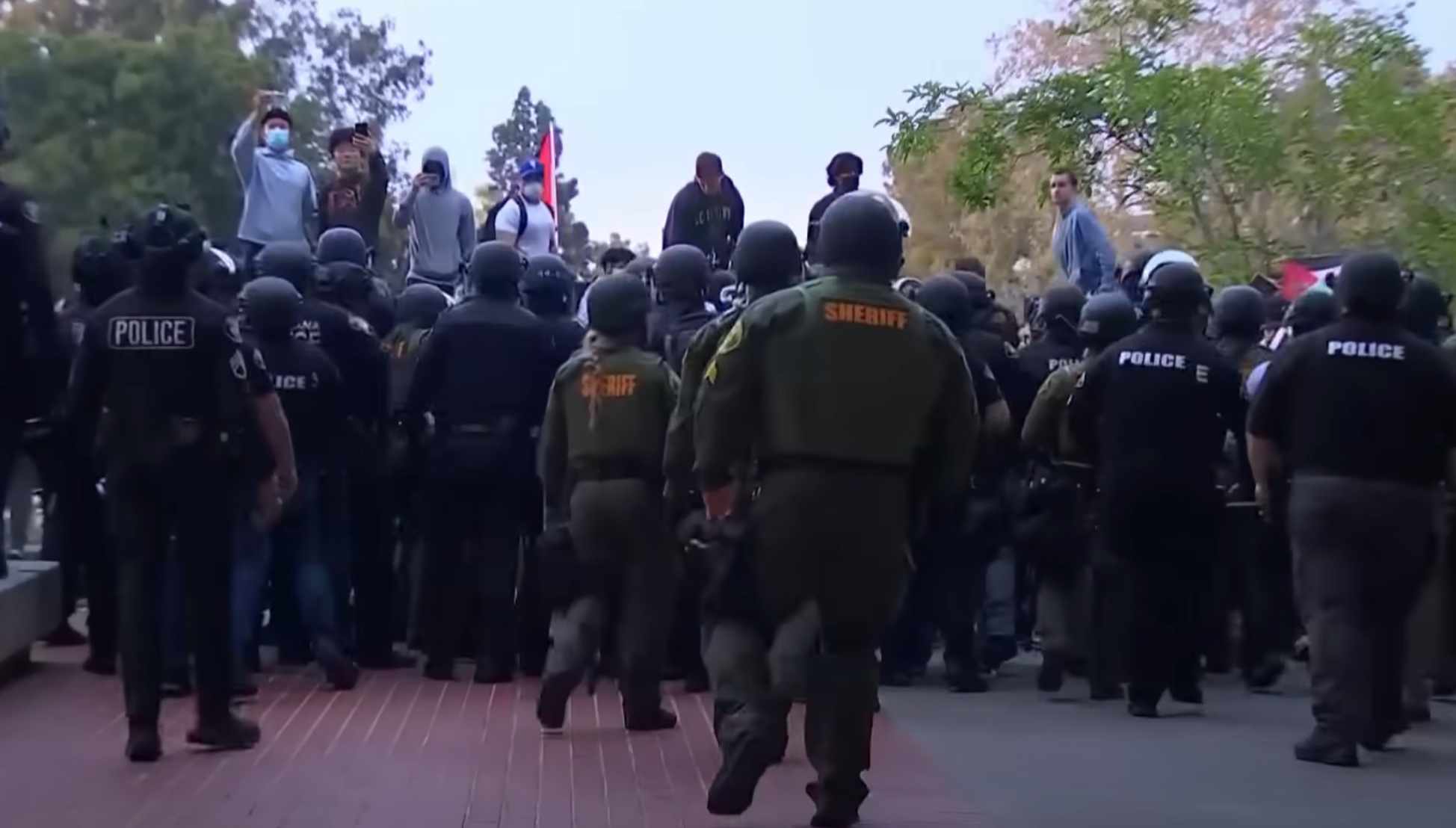
Understanding the financial risks faced by suspended and expelled student protesters is essential in this situation. In an email examined by CNBC, Massachusetts Institute of Technology President Sally Kornbluth informed the MIT community that students in encampments were warned of potential consequences, including anything from a written warning to an “immediate interim full suspension.”
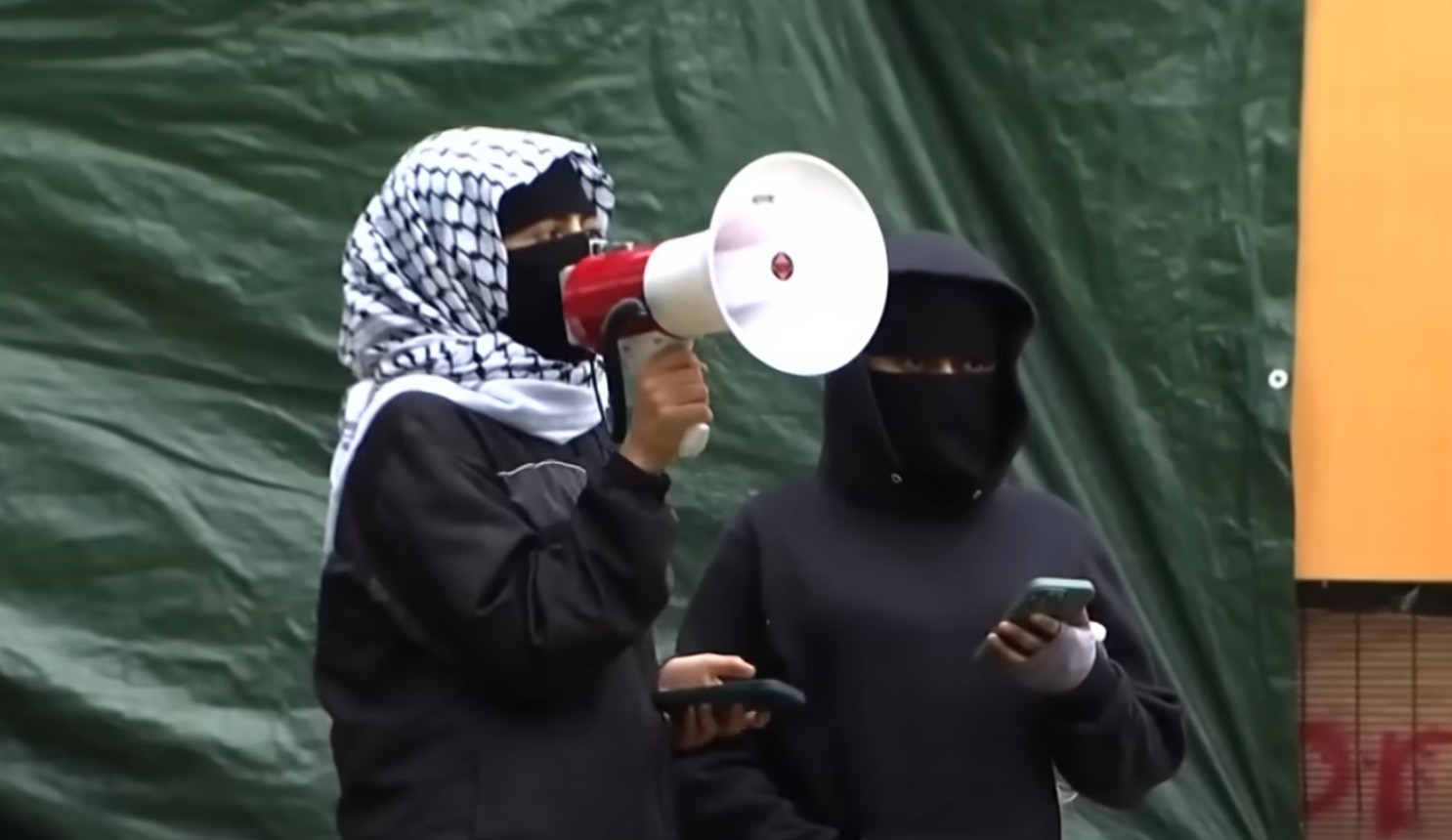
The email outlined that the consequences would be determined by factors like the students’ willingness to leave the Kresge Lawn encampment voluntarily and any existing disciplinary cases or sanctions on their record from the campus discipline committee.

Those receiving a more severe penalty would be prohibited from staying in their designated residence hall or using MIT dining facilities.
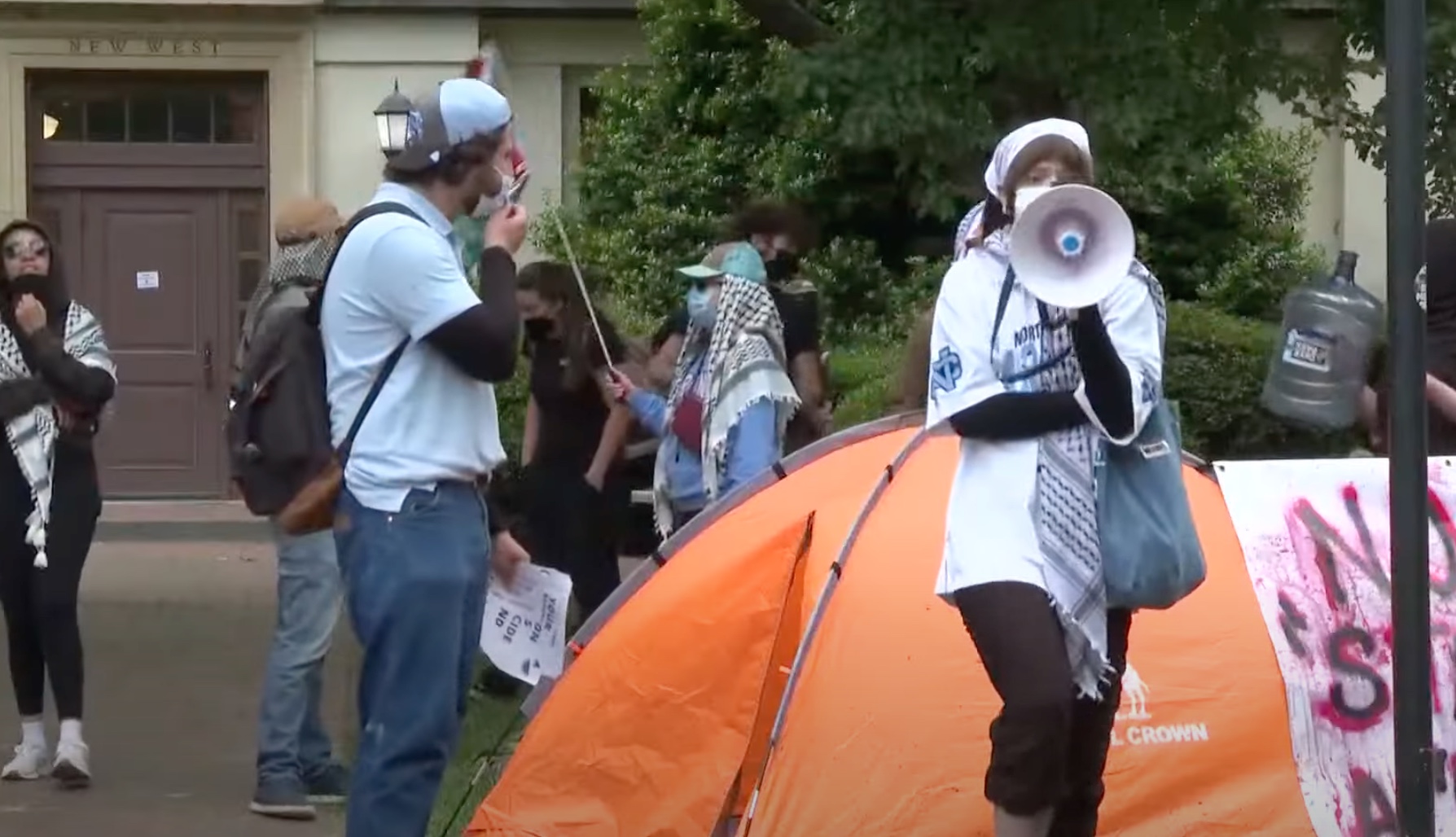
However, they would still have access to health services, as mentioned in the email. MIT did not provide an immediate response to a comment request. Martin Stolar, a long-time attorney in New York who has been advocating for protesters for many years, commented on the situation saying “It’s devastating for students who are denied those basic services.”
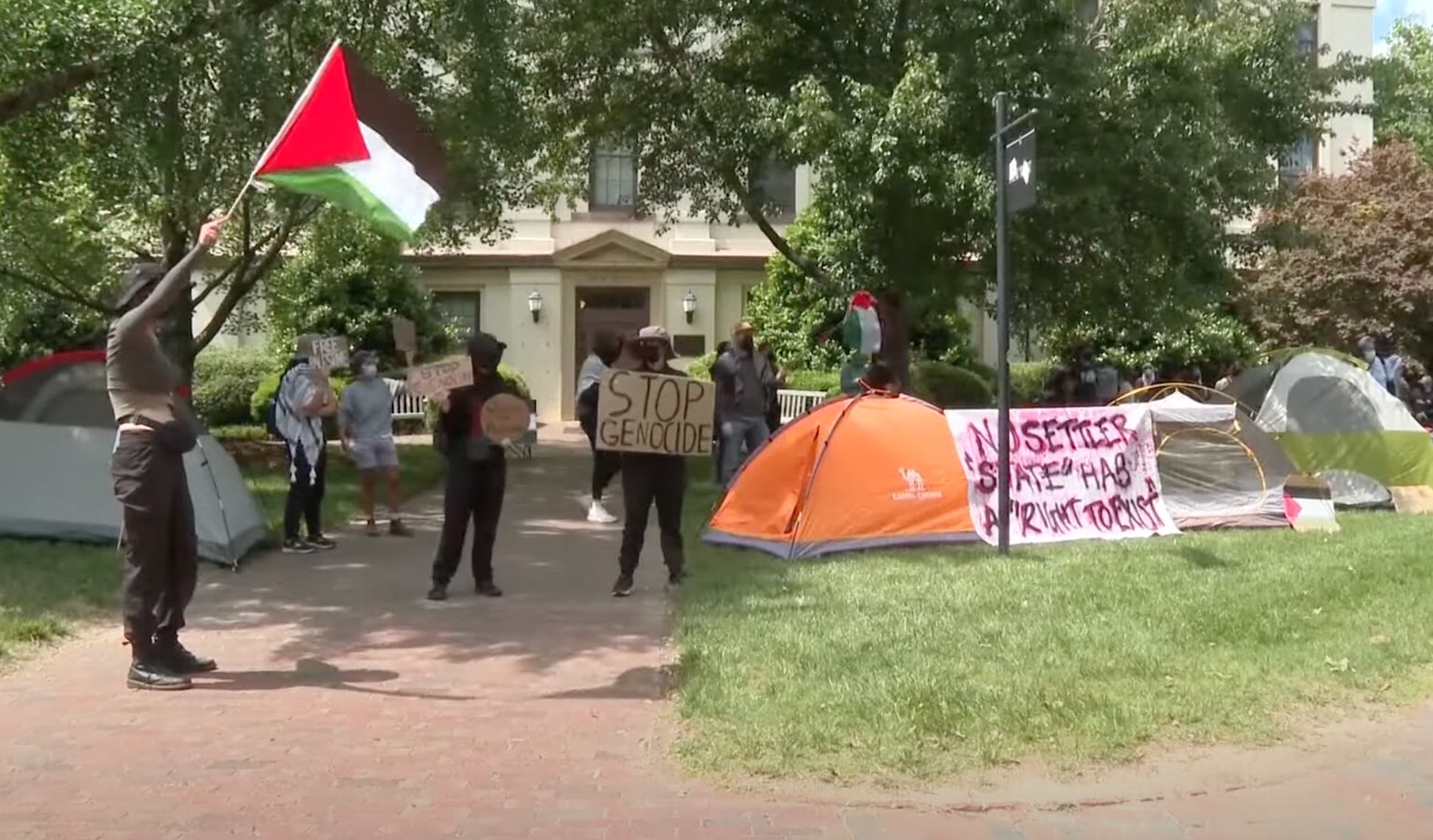
In addition to the possibility of losing their accommodation, college students facing suspension nationwide may struggle to finish their courses and earn credits, according to Kantrowitz. They may also not be eligible for tuition refunds.

There is uncertainty regarding whether suspended or expelled students will receive reimbursements for any remaining funds on their meal plans, he added.
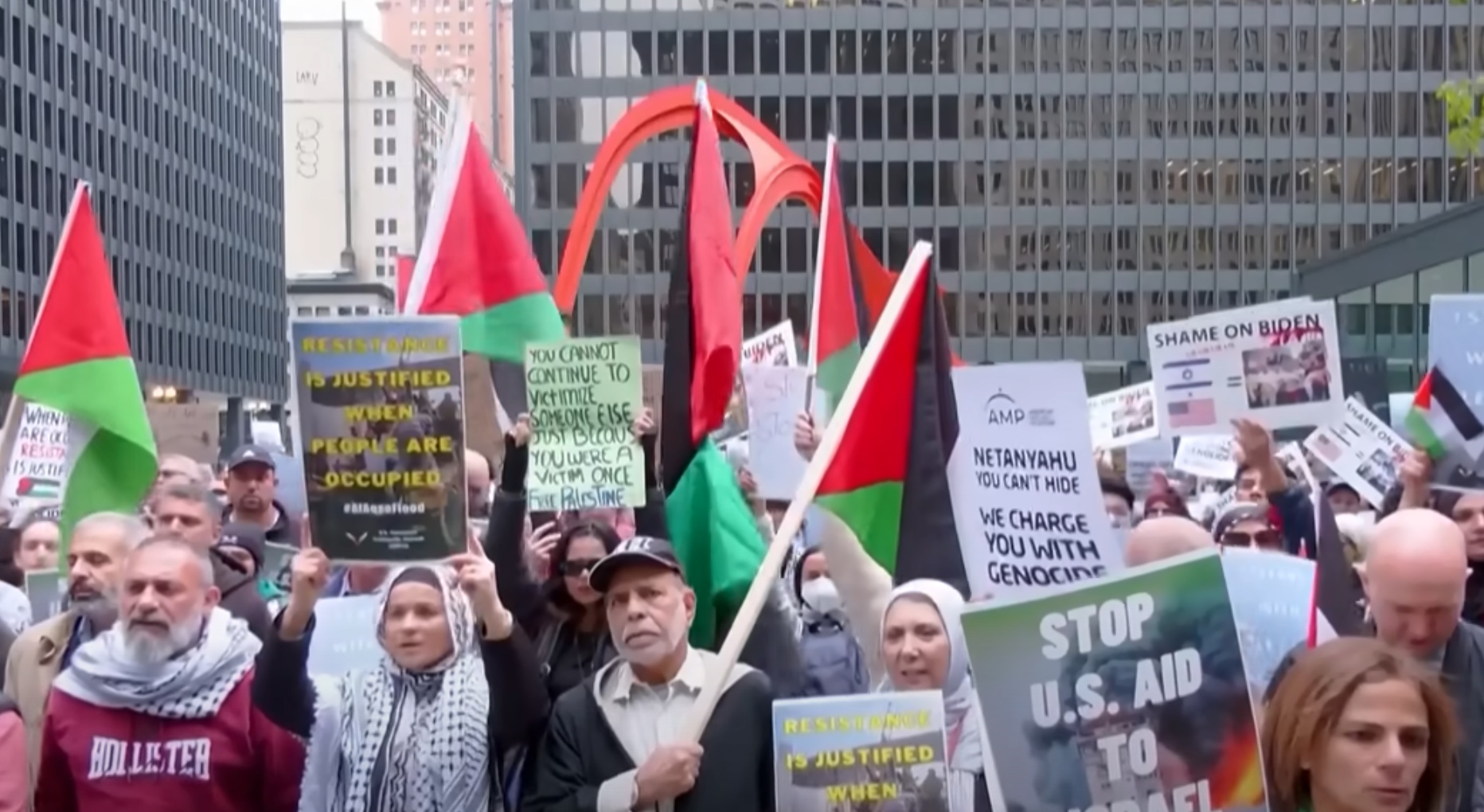
“Some colleges issue a refund of leftover balances when a student is no longer at the college, whether due to graduation, expulsion or some other reason,” he said. “Some colleges roll over the credit balance to the next year. Other colleges do neither, so the student loses the balance.”

Over the past few weeks, students have faced disciplinary actions for creating unauthorized encampments that disrupt campus activities and violate the rights of other students. Some students are also being accused of vandalism and damaging property.
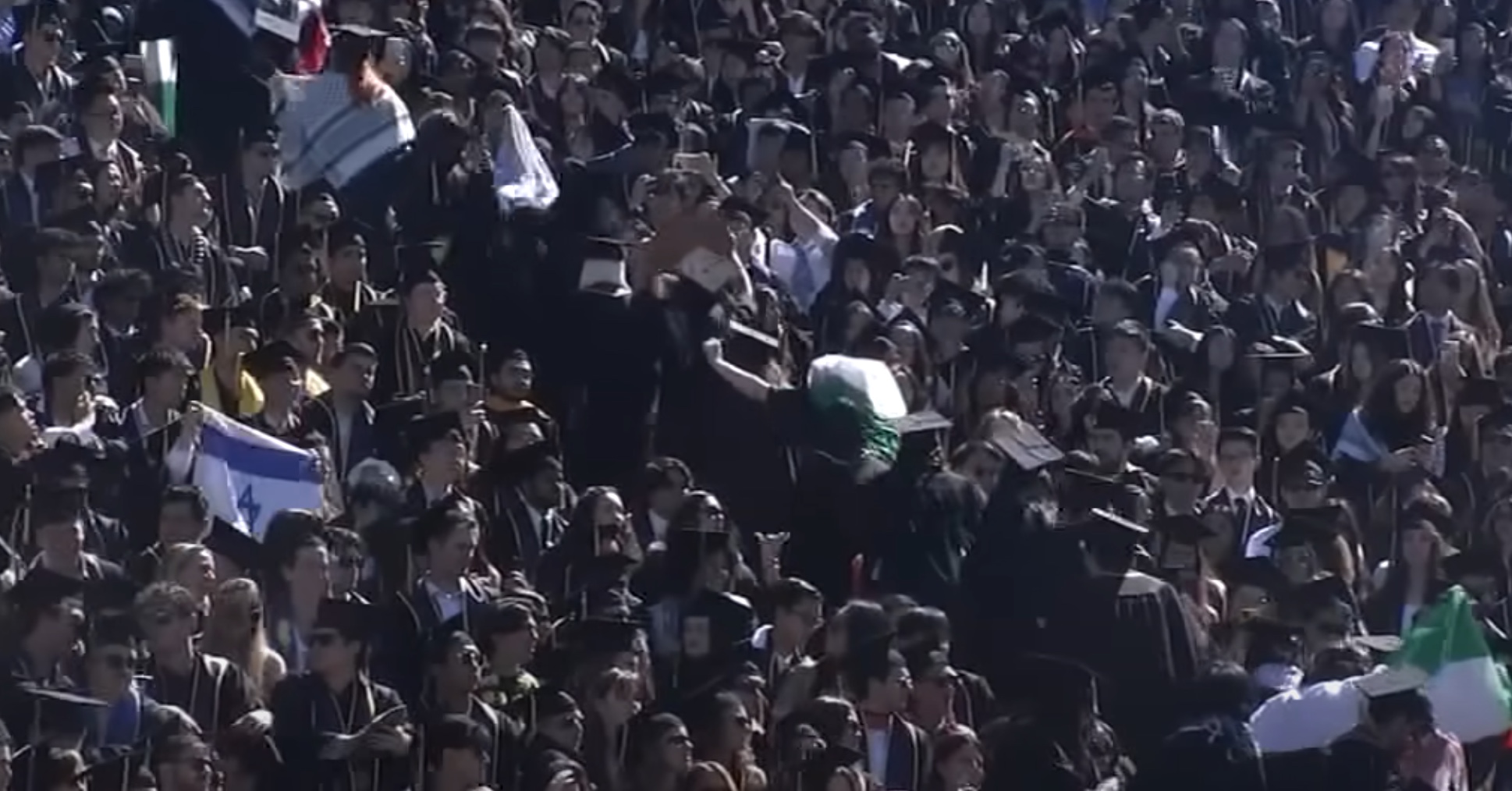
In a statement, Ellen Granberg, the President of George Washington University, wrote, “There is a dire humanitarian crisis occurring in Gaza that must be addressed, and I am personally grief-stricken by the suffering and loss of innocent lives occurring on both sides of this conflict.”
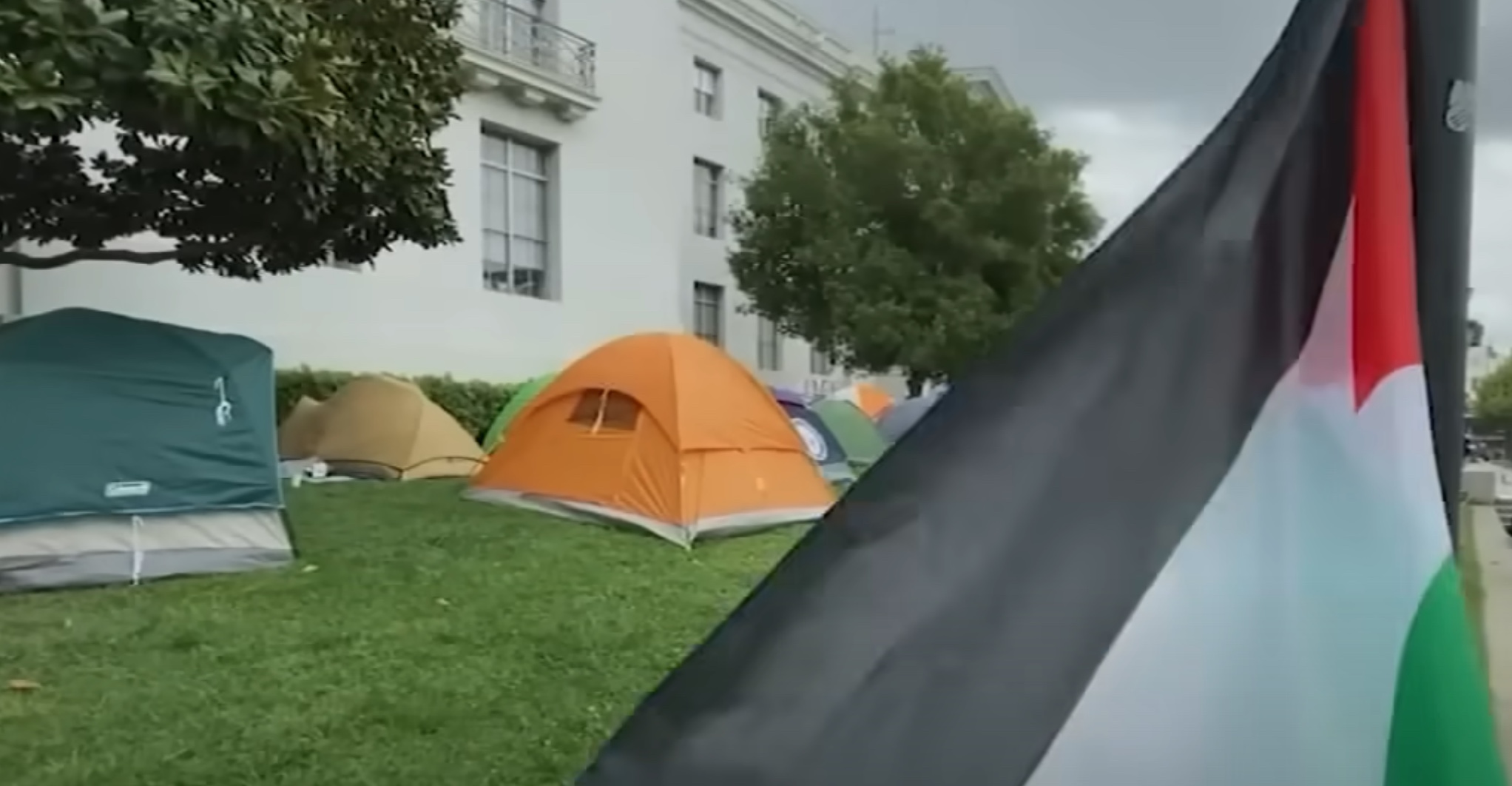
“However, what is currently happening at GW is not a peaceful protest protected by the First Amendment or our university’s policies,” she said. “The demonstration, like many around the country, has grown into what can only be classified as an illegal and potentially dangerous occupation of GW property.”
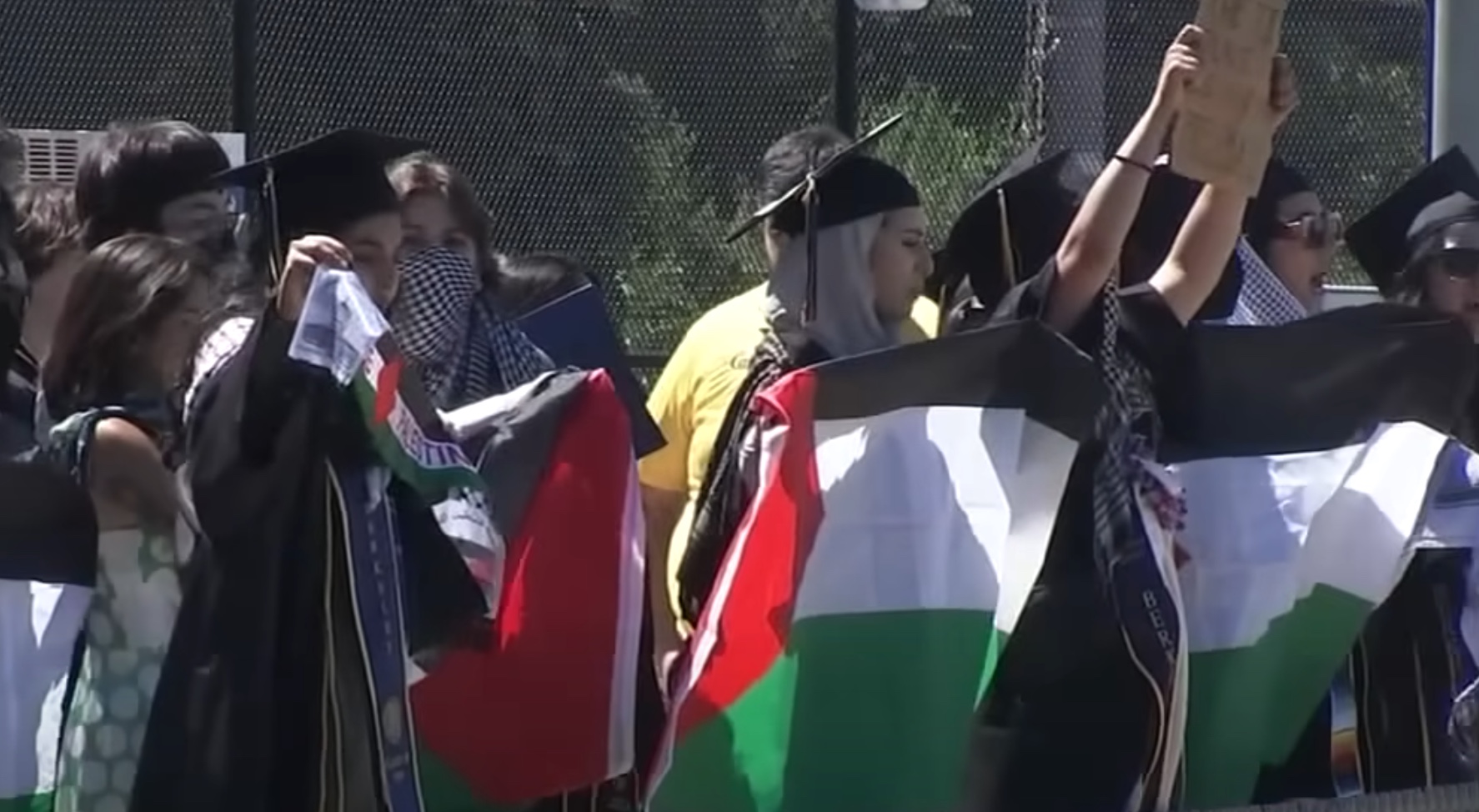
There is a debate on the point at which protesters exceed their rights. The American Civil Liberties Union of Indiana took legal action against Indiana University recently, alleging that the university violated the First Amendment rights of three individuals, including a tenured professor, who were given a one-year ban from campus due to their involvement in political demonstrations.

For those unable to meet their payments, they have the choice to defer or forbear their loans, leading to the accumulation of interest and an increase in borrowers’ balances, as explained by Kantrowitz. If a student returns to college within six months after a suspension, their grace period should reset.
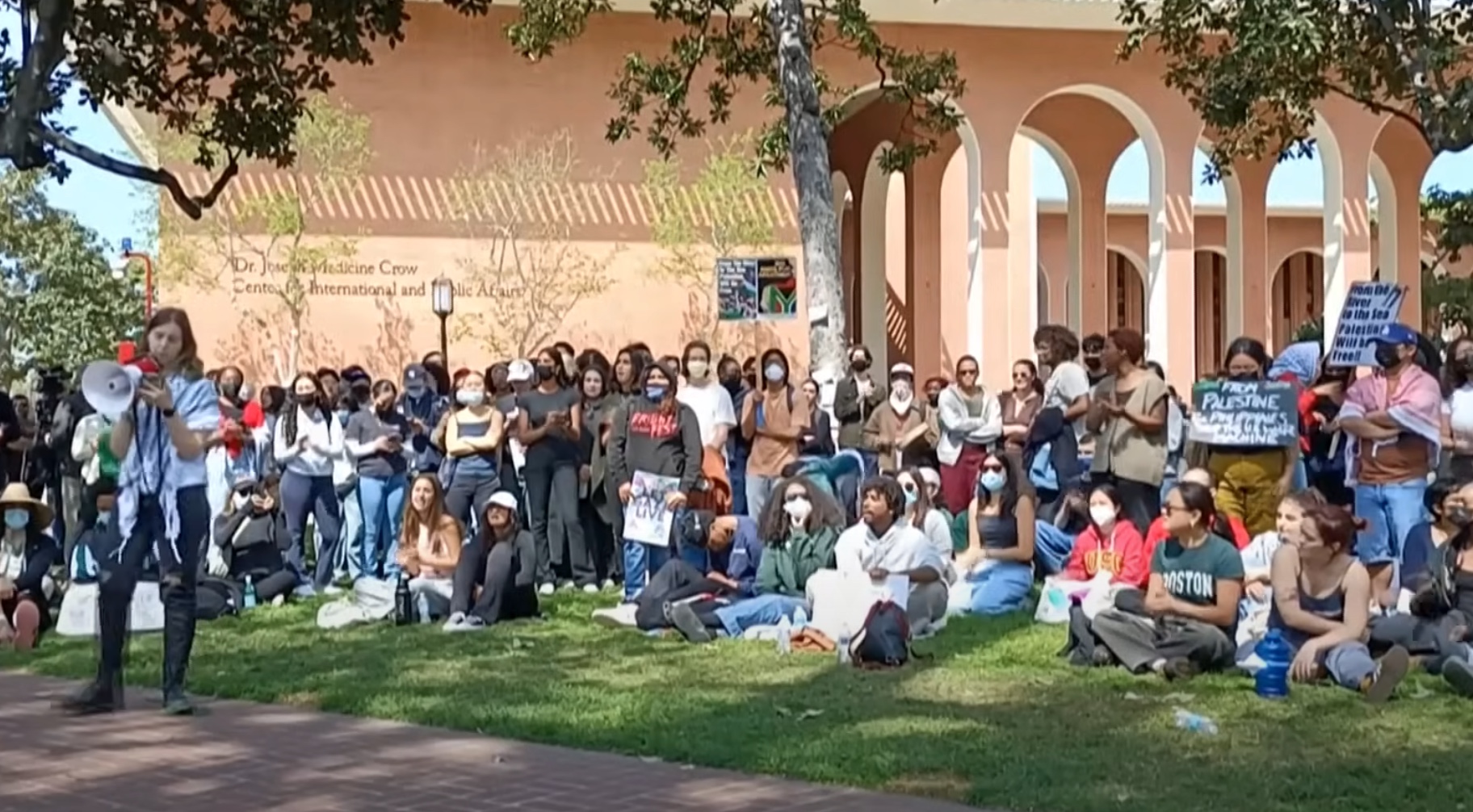
An Indiana University spokesperson declined to comment on the ongoing legal case. According to Kantrowitz, students who have been suspended or expelled may receive their federal student loan bills earlier than anticipated. “Generally, if a student drops below half-time enrollment for at least six months, their student loans will enter repayment,” he said.
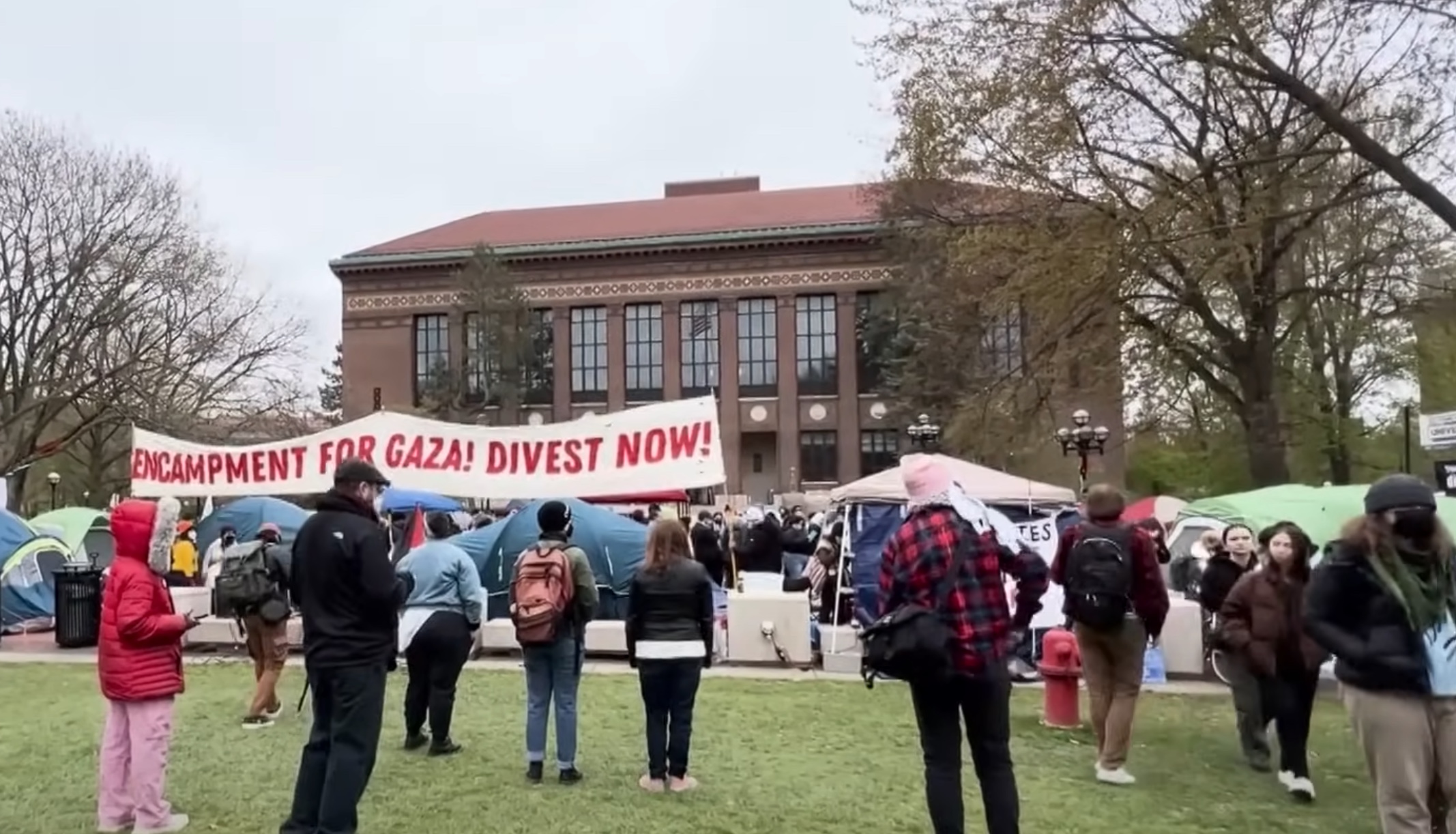
The U.S. Department of Education did not respond immediately to inquiries about how student protesters were being informed of potential financial consequences, such as the early commencement of loan payments.

A suspension or expulsion could potentially be noted on a student’s academic record, impacting their ability to transfer to other institutions, pursue graduate studies, and secure employment, Kantrowitz mentioned. However, Stolar noted that this particular disciplinary action may not be viewed in the same light as other academic or behavioral charges.
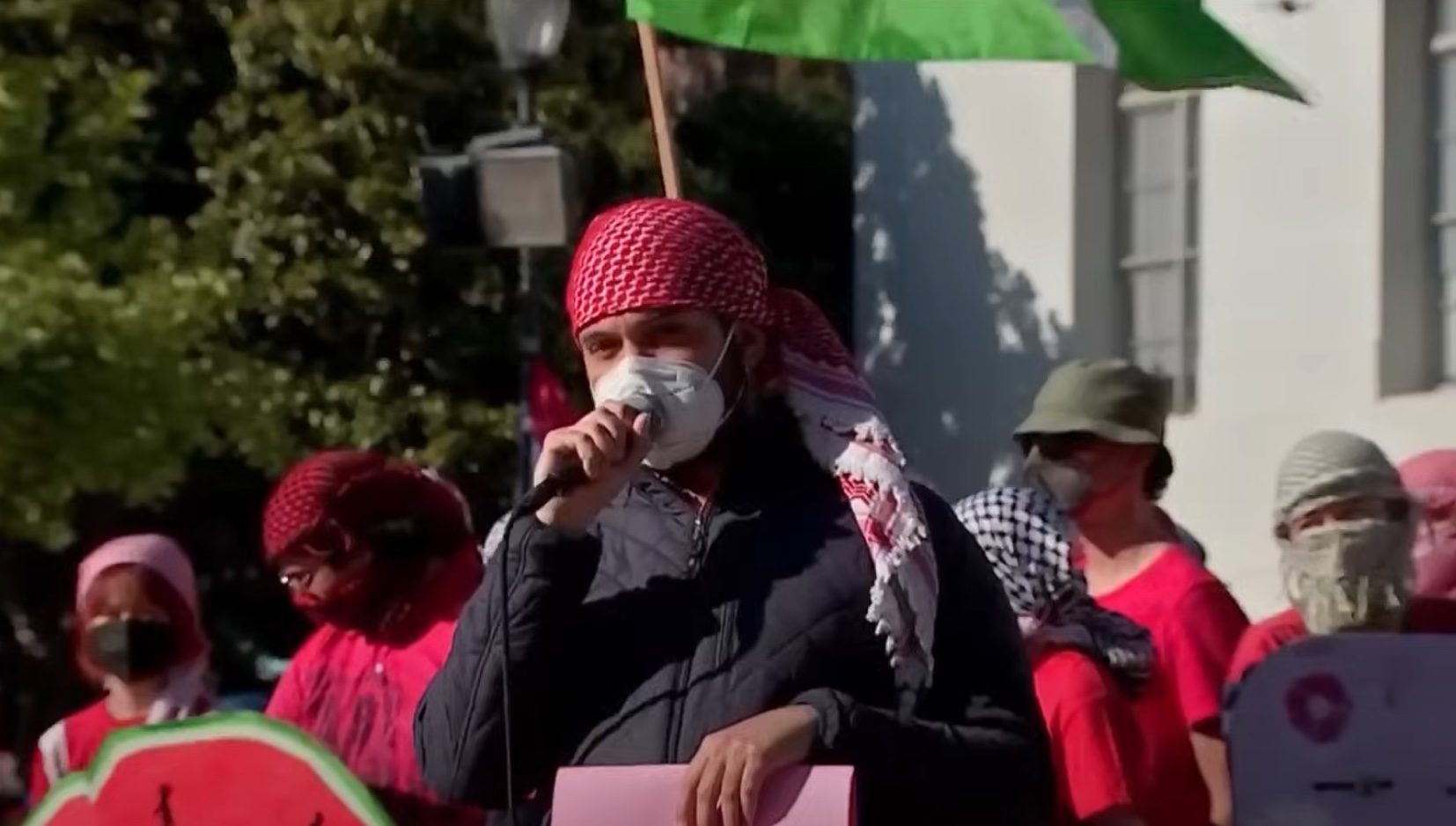
“We’re talking about people involved in protest activity, which is very different than something on your permanent record saying that you cheated on an exam or assaulted another student,” he said.

